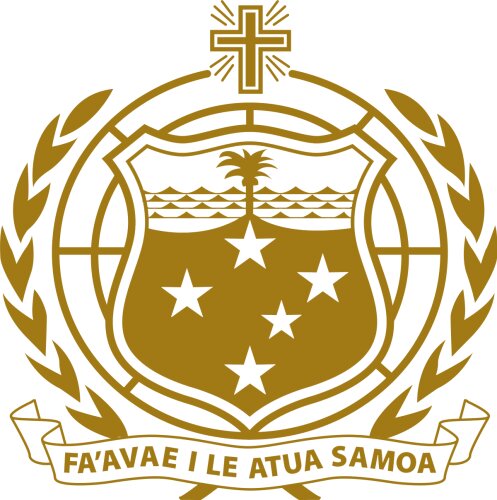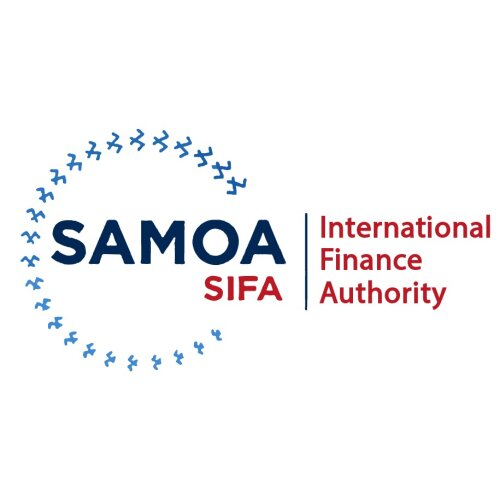Best Banking & Finance Lawyers in Apia
Share your needs with us, get contacted by law firms.
Free. Takes 2 min.
List of the best lawyers in Apia, Samoa
About Banking & Finance Law in Apia, Samoa
Banking and finance law in Apia, Samoa, encompasses the rules and regulations that govern financial institutions and transactions. It involves overseeing banking operations, lending, securities, mergers and acquisitions within the banking sector, and consumers' relationship with financial entities. Given Samoa’s growing economy and strategic location in the Pacific, the banking and finance sector plays a crucial role in facilitating economic growth, attracting investments, and enhancing financial inclusion. This domain is regulated by laws enacted to ensure transparency, prevent fraud, and maintain the stability and integrity of the financial system.
Why You May Need a Lawyer
Seeking legal assistance in banking and finance may be necessary under various circumstances. Individuals may require help understanding complex financial products, addressing disputes with banks regarding loan agreements, or navigating bankruptcy proceedings. Businesses often need legal guidance to ensure compliance with financial regulations, conduct due diligence during mergers, acquire financing, or respond to regulatory investigations. Legal expertise is also crucial when drafting or analyzing financial contracts, developing investment strategies, or dealing with issues related to securities and investments.
Local Laws Overview
The banking and finance sector in Apia is primarily regulated by the Central Bank of Samoa, which implements policies related to licensing, supervision of financial institutions, and the country's monetary policy. Key legislation includes the Financial Institutions Act, which oversees the licensing and regulation of financial institutions, and the Money Laundering Prevention Act, which aims to combat financial crimes. These laws are integral in maintaining the safety, soundness, and competitiveness of Samoa’s financial system while ensuring prudent management and control of financial institutions.
Frequently Asked Questions
What is the role of the Central Bank of Samoa?
The Central Bank of Samoa serves as the primary regulatory authority overseeing the financial sector, ensuring monetary stability, regulating liquidity in the financial system, and maintaining the safety and soundness of financial institutions.
How can I resolve a dispute with my bank?
To resolve a dispute with your bank, try contacting the bank’s customer service department first. If the issue remains unresolved, you may consider lodging a complaint with the Central Bank of Samoa or seeking legal advice for further action.
What steps must I take to obtain a banking license in Samoa?
Obtaining a banking license in Samoa involves meeting specific requirements set by the Central Bank under the Financial Institutions Act. This includes proving financial viability, business integrity, and the ability to contribute to the financial sector's stability.
How is money laundering regulated in Samoa?
Money laundering is regulated by the Money Laundering Prevention Act, which imposes obligations on financial institutions to implement customer identification, record-keeping, and reporting suspicious transactions to combat financial crimes.
Can foreign banks operate in Samoa?
Yes, foreign banks can operate in Samoa, provided they meet the regulatory requirements set by the Central Bank, including obtaining the necessary licenses and adhering to local financial laws and practices.
What should I do if I suspect fraudulent activity in my account?
If you suspect fraudulent activity, report it to your bank immediately. They may conduct an investigation and take necessary actions. Additionally, you might need to inform the police or seek legal advice to address the situation.
What regulations apply to investment funds in Samoa?
Investment funds must comply with specific regulations under both the Companies Act and the Financial Institutions Act, including registration requirements and ensuring transparent operations to protect investors' interests.
How do financial regulations affect business loans?
Financial regulations ensure that business loans are provided fairly and transparently, with institutions required to disclose terms and assess borrowers' ability to repay to protect both businesses and the financial system.
Is there a consumer protection law for financial services?
Consumer protection laws in Samoa safeguard users of financial services by ensuring fair treatment, accurate information provision, and recourse mechanisms to resolve disputes with financial service providers.
What jurisdictions do Samoan courts have regarding international banking disputes?
Samoan courts can hear international banking disputes under certain conditions such as if the contracts specify Samoa as the jurisdiction or if the parties involved have a connection to Samoa, subject to international and local laws.
Additional Resources
Those seeking more information or assistance may contact the Central Bank of Samoa, the Ministry of Public Enterprises for policies on economic development, or the Samoa International Finance Authority for guidance on investment opportunities. Legal practitioners or firms specializing in banking and finance can also provide invaluable assistance with specific legal questions or services.
Next Steps
If you require legal assistance in banking and finance, start by identifying the specific nature of your query or issue. Contact a qualified lawyer with experience in Samoa’s financial laws, or reach out to local authorities, such as the Central Bank of Samoa, for advice. Ensure to gather necessary documentation and outline your concerns clearly to facilitate effective legal assistance. Finding a trusted legal partner who understands the complexities of banking and finance law can significantly enhance your outcomes in financial dealings.
Lawzana helps you find the best lawyers and law firms in Apia through a curated and pre-screened list of qualified legal professionals. Our platform offers rankings and detailed profiles of attorneys and law firms, allowing you to compare based on practice areas, including Banking & Finance, experience, and client feedback.
Each profile includes a description of the firm's areas of practice, client reviews, team members and partners, year of establishment, spoken languages, office locations, contact information, social media presence, and any published articles or resources. Most firms on our platform speak English and are experienced in both local and international legal matters.
Get a quote from top-rated law firms in Apia, Samoa — quickly, securely, and without unnecessary hassle.
Disclaimer:
The information provided on this page is for general informational purposes only and does not constitute legal advice. While we strive to ensure the accuracy and relevance of the content, legal information may change over time, and interpretations of the law can vary. You should always consult with a qualified legal professional for advice specific to your situation.
We disclaim all liability for actions taken or not taken based on the content of this page. If you believe any information is incorrect or outdated, please contact us, and we will review and update it where appropriate.
Browse banking & finance law firms by service in Apia, Samoa
Apia, Samoa Attorneys in related practice areas.












